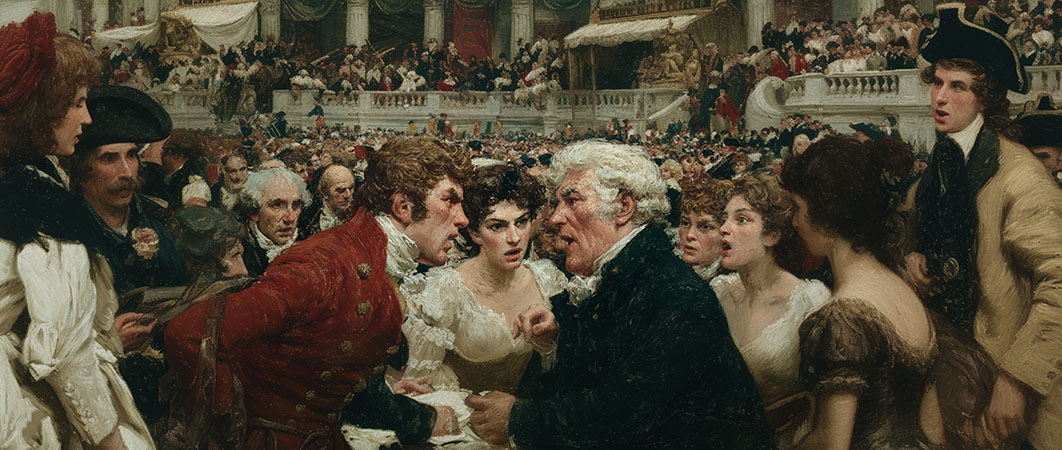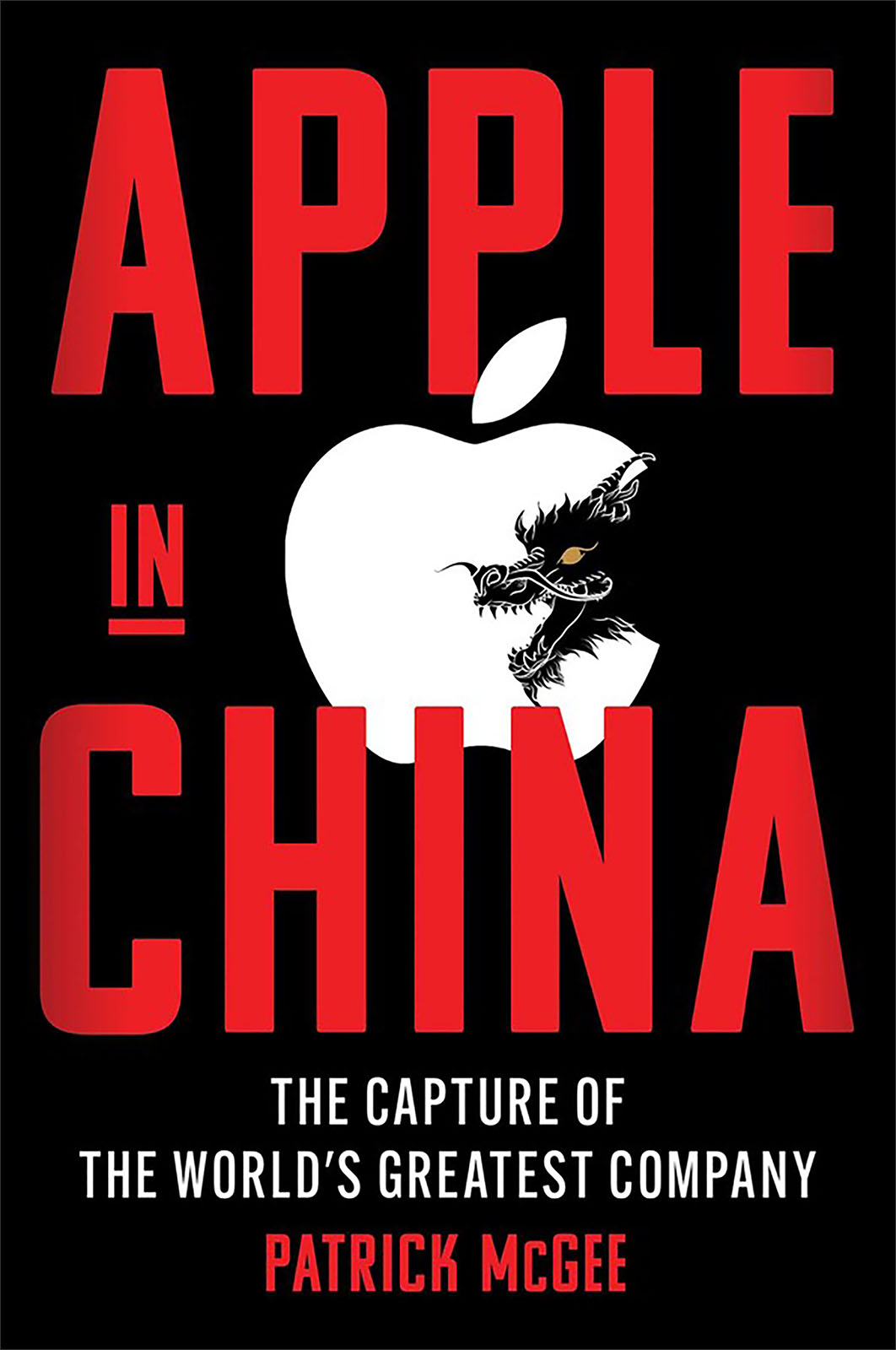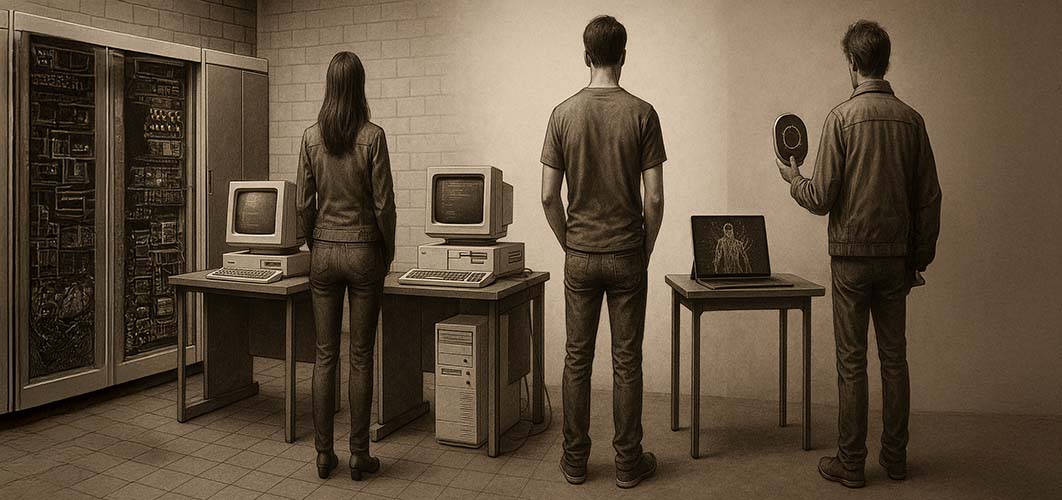
In this mini-essay I have adapted and expanded from insights presented during a 3+ hour discourse at Club IntLex on June 10, 2025, addressing the inadequate understanding of modern authoritarian regimes by Western academia and the public. While originally discussed in the context of the ongoing Russo-Ukrainian war and Putin's regime, these theoretical frameworks by Andrei Illarionov offer broader insights into the fundamental nature of political power structures worldwide.
TLDR Summary
At their core, states and mafias share identical operational structures and mechanisms—both function as power organizations that extract resources through threats of violence while providing protection services. The fundamental difference lies not in their methods or organizational logic, but in the moral codes, ethical frameworks, and normative systems that govern their internal operations and external relationships. Understanding this distinction is crucial for comprehending why some political systems develop democratic institutions while others consolidate into authoritarian structures, and why the boundaries between legitimate governance and organized criminality can become dangerously blurred.
States and Mafias: Two Faces of the Same Coin
One of the most provocative yet academically rigorous arguments in contemporary political science challenges our fundamental understanding of state legitimacy. The central thesis is stark: states and mafias are principally indistinguishable in their essential nature. While this may seem counterintuitive, the argument has deep historical roots dating back over 1,600 years.
Saint Augustine, writing between 413-427 CE, captured this insight in his famous observation from De Civitate Dei (The City of God): "Remota itaque iustitia quid sunt regna nisi magna latrocinia?" - "Justice being taken away, what are kingdoms but great robberies?" For Augustine and other thinkers of the late Roman Empire, the distinction between legitimate authority and organized criminal enterprises lay not in their fundamental operations, but in their relationship to justice and moral order.
This perspective suggests that what we call "states" and what we call "mafias" are simply subspecies of the same phenomenon: power organizations that operate through controlled violence and protection services.
The Mechanics of Power Organizations
Every power organization, whether officially recognized as a state or operating in the shadows as organized crime, functions through the same basic model.
The Dual Nature: Threat and Protection
- Extraction: The systematic collection of resources from a subject population through threats of violence (taxation for states, "tribute" for mafias)
- Service Provision: Offering security and dispute resolution services (police and courts for states, "protection" and arbitration for mafias)
When threats prove insufficient, both types of organizations escalate to actual violence. The mechanisms are identical—only the terminology and legal frameworks differ.
Different Ethical Systems, Same Operational Logic
What distinguishes various power organizations is not their fundamental nature but their moral and legal frameworks—their understanding of justice, ethics, and legitimate conduct.
Western Rule of Law
Modern Western political science measures legitimacy through adherence to rule of law principles: constitutional constraints, due process, separation of powers, and protection of individual rights. This framework has become so normalized in academic discourse that many scholars mistakenly treat it as universal rather than culturally specific.
Alternative Moral Systems: Po-ponyatiyam / "По понятиям" (By the Code)
However, other power organizations operate under entirely different ethical systems. The Russian term "по понятиям" (po ponyatiyam) - literally meaning "according to concepts" or "by the code" - originally emerged from criminal subculture but has become a pervasive organizing principle across various authoritarian systems, sometimes could be interprited as thieves honor.
This unwritten code of conduct initially developed in Soviet prison camps and criminal organizations, but its influence has spread far beyond its origins. The Ponyatiya / "понятия" system now governs behavior in:
- Criminal organizations (traditional organized crime syndicates)
- Prison systems (both as inmate culture and administrative practice)
- Authoritarian state apparatus (security services, bureaucratic hierarchies)
- Corporate structures in post-Soviet states
- Military and paramilitary organizations
Core Principles of "Po ponyatiyam"
The code encompasses several key elements that create internal discipline and organizational effectiveness.
- Hierarchical respect: Absolute adherence to established chains of command, where seniority and proven loyalty determine authority
- Dispute resolution: Formalized processes for resolving conflicts through agreed-upon norms and arbitration by respected figures, rather than arbitrary violence
- Mutual obligations: Complex systems of debt, favor, and reciprocity that bind members together
- Omertà-style silence: Strict prohibitions against cooperation with outside authorities or revealing internal operations
- Honor and reputation: Elaborate mechanisms for maintaining credibility, face, and deterring betrayal through social and physical consequences
- Resource distribution: Clear rules governing how profits, territories, and opportunities are allocated among members
Institutional Penetration
What makes "po ponytiyam" particularly significant in political analysis is how these informal codes have institutionalized within formal state structures. In many post-Soviet countries, the distinction between criminal networks and state apparatus has become meaningless, as both operate according to the same normative framework.
Importantly, adherence to these criminal codes can be more rigorous than many governments' compliance with rule of law principles. The "thieves' honor" system creates internal discipline and predictability that makes these organizations remarkably stable and effective. Members often display greater loyalty to unwritten criminal codes than citizens in democratic societies show toward constitutional principles.
Competing Moral Frameworks
The challenge for academic analysis is that these different ethical systems are often incomparable and contradictory. The moral framework of a Western constitutional democracy cannot be meaningfully compared to the код чести (code of honor) governing organized crime, or the religious law governing theocratic states. They operate from fundamentally different premises about justice, legitimacy, and proper conduct.
This creates what Illarionov describes as perpendicular moralities—ethical systems so different that they cannot be reconciled or ranked against each other using any universal standard.
The Tools of Control: Universal Methods
Regardless of their moral frameworks, successful power organizations employ remarkably similar operational methods.
The Trinity of Control
Political analysis reveals that effective power organizations consistently employ three primary instruments.
- Economic incentives (rewards, benefits, patronage)
- Compromise and leverage (blackmail, debt, mutual obligations)
- Credible threats of violence (physical harm, imprisonment, elimination)
These tools operate not only within the organization's territory but extend to interactions with other power structures. The methods remain constant whether applied to domestic populations or foreign leaders.
The Strength of Modern Personal Autocracies
Contemporary personal autocracies—from Putin's Russia to similar systems worldwide—demonstrate remarkable resilience precisely because they successfully integrate multiple power bases. Illarionov's analysis identifies three pillars supporting modern autocratic systems.
1. Security Apparatus
Professional intelligence and law enforcement organizations that maintain internal control and external operations. These institutions provide the coercive backbone of the regime.
2. Organized Criminal Networks
Existing criminal structures that the state co-opts rather than eliminates. These networks provide informal enforcement, economic extraction, and deniable operations that official state organs cannot perform.
3. Technocratic Specialists
Professional administrators, economists, and managers who ensure competent governance of complex modern systems. These "systemic liberals" provide legitimacy and efficiency that pure coercion cannot achieve.
The integration of these three elements creates a hybrid system more durable than any single approach. Pure security states collapse from incompetence; pure criminal organizations face social rejection; pure technocracies lack enforcement mechanisms. The combination proves remarkably stable.
Historical Patterns: The Exception, Not the Rule
From this perspective, what requires explanation is not the existence of authoritarian power structures, but rather the brief historical moments when genuinely competitive political systems emerge.
The transition in Russia from Soviet authoritarianism to the relatively free elections of 1991, followed by the rapid consolidation of the current system, illustrates how exceptional democratic openings truly are. In just eight years, political participation contracted from 46 million voters choosing their leader to three unelected individuals selecting a successor.
This pattern suggests that competitive democratic systems represent temporary deviations from the historical norm of concentrated power, rather than natural evolutionary endpoints.
Academic Implications and Public Understanding
This analysis challenges several fundamental assumptions in contemporary political science and reveals critical gaps in how democratic societies understand authoritarian systems.
Misconceptions About Authoritarian Legitimacy
Common Misconception: Authoritarian regimes survive primarily through repression and popular ignorance.
Reality: Many authoritarian systems enjoy genuine support because they provide effective governance, economic stability, and social order according to locally preferred models. They often deliver better predictability and security than chaotic democratic transitions.
Implication: Democratic governments cannot simply assume their model is universally preferred or naturally superior.
The "Democratic Inevitability" Fallacy
Common Misconception: Democratic institutions represent the natural evolution of political systems and will eventually emerge everywhere.
Reality: Competitive democratic systems are historically exceptional and require specific cultural, economic, and institutional preconditions that may not exist universally.
Implication: Democracy promotion efforts that ignore local conditions and preferences often backfire, creating instability that discredits democratic ideals.
Moral Relativism vs. Universal Values
Common Misconception: Either all governance systems are morally equivalent, or Western liberal democracy represents the only legitimate form of government.
Reality: Different societies can legitimately prefer different balances of freedom, security, and collective welfare, but some core principles about human dignity and basic rights can still be defended.
Implication: Democratic societies must distinguish between respecting cultural differences and accepting fundamental violations of human rights.
Recommendations for Democratic Societies
For Policymakers
- Abandon binary thinking about "democratic" vs. "authoritarian" states; develop nuanced frameworks for engaging with hybrid systems
- Invest in understanding local moral and cultural frameworks before attempting democracy promotion
- Strengthen democratic institutions at home rather than assuming they are naturally resilient
- Recognize that effective governance matters more to most people than political freedoms
For Academics and Analysts
- Study authoritarian systems on their own terms rather than treating them as failed democracies
- Examine the internal logic and appeal of alternative governance models
- Develop comparative frameworks that don't privilege Western political theory
- Investigate why democratic transitions often fail rather than assuming they should naturally succeed
For Citizens in Democratic Countries
- Understand that democracy requires active maintenance and cannot be taken for granted
- Recognize that authoritarian appeals can be genuinely attractive during times of uncertainty
- Support institutions and norms rather than treating them as automatically self-sustaining
- Engage seriously with critiques of democratic performance rather than dismissing them
Conclusion: The Fragility of Democratic Distinctions
Understanding states and mafias as fundamentally similar power organizations provides analytical clarity about how political systems actually function, stripped of ideological preferences about how they should function. This perspective reveals both the universality of certain governance mechanisms and the crucial importance of the moral frameworks that distinguish democratic from authoritarian rule.
Universal Mechanisms, Divergent Applications
In both rule-of-law democracies and totalitarian states, the basic mechanisms of governance remain remarkably similar: tax collection through threat of punishment, maintenance of order through police power, dispute resolution through court systems, and external security through military force. The difference lies not in these fundamental tools, but in how they are constrained, legitimized, and directed by underlying moral and legal frameworks.
Even in the most developed democracies, elements of what we might call "mafioso" logic persist: political patronage networks, informal power brokers, behind-the-scenes deals, and the use of economic leverage to achieve political objectives. The crucial distinction is that democratic systems have developed institutional mechanisms to constrain, expose, and ultimately subordinate these tendencies to broader public accountability.
The Erosion of Democratic Norms
The power of modern dictators lies significantly in the weakness of democratic institutions in the developed world. When democratic societies fail to deliver effective governance, economic opportunity, or social stability, authoritarian alternatives become more attractive. When democratic institutions become captured by special interests, corrupted by money, or paralyzed by polarization, they lose their moral authority to criticize authoritarian efficiency.
We are neglecting first principles far too often. Democratic societies have become complacent about the foundations that distinguish them from organized criminal enterprises.
- Transparency and accountability in the use of public power
- Equal treatment under law regardless of wealth or connections
- Peaceful transitions of power based on electoral outcomes
- Protection of minority rights against majoritarian tyranny
- Independent institutions that can check executive power
The Moral Imperative
This analysis should not lead to moral relativism or the conclusion that "all governments are the same." Instead, it should deepen our appreciation for how difficult it is to maintain the ethical frameworks that distinguish legitimate governance from sophisticated criminality. The similarities in operational mechanics make the differences in moral framework even more precious and fragile.
Our Duty
Citizens of democratic societies have a fundamental obligation to ensure that the distinguishing moral frameworks do not erode. This requires several key commitments.
- Vigilant protection of institutional independence - courts, electoral systems, and oversight bodies must remain beyond political capture
- Insistence on transparency and accountability - the moment government operations become opaque, they begin resembling criminal enterprises
- Active civic engagement - democracy cannot function with passive populations that delegate all decisions to professional politicians
- Commitment to principled governance over partisan advantage - when political parties prioritize winning over governing ethically, they undermine democratic legitimacy
- International responsibility - helping other societies develop effective governance without imposing inappropriate institutional models
The Stakes
The choice between democratic governance and sophisticated authoritarianism is not predetermined by historical forces or cultural inevitability. It is an active choice that each generation must make and sustain. The analytical framework showing the similarities between states and mafias should serve as a warning: without constant vigilance and principled commitment to democratic norms, any political system can degenerate into little more than a well-organized criminal enterprise with legal immunity.
The endurance of alternative systems reflects not necessarily their inherent strength, but often the failures of democratic societies to live up to their own stated principles. Our duty is not to assume democratic superiority, but to earn it through effective, transparent, and principled governance that provides genuine alternatives to authoritarian efficiency and criminal pragmatism.
This analysis draws significantly from the theoretical framework developed by Andrei Illarionov (He was Economic Chief Advisor to Putin 2000-2005 and a senior fellow at the Cato Institute 2006-2021), while incorporating broader perspectives on comparative political systems and organizational theory.
Links
The original videos are in Russian, but modern translation capabilities should allow you to listen in the languare of choice now.







